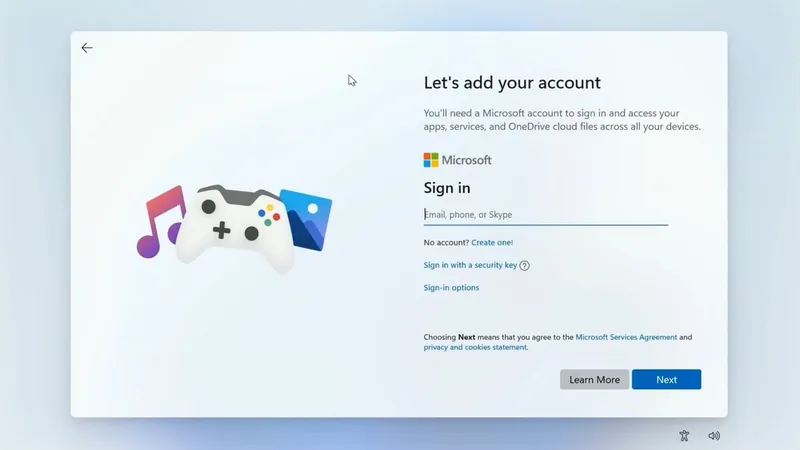
Tackling Medication Nonadherence: A New Approach to Chronic Illness Management
2025-03-28
Author: Noah
Why Medication Adherence Matters
The consequences of medication nonadherence are dire, extending beyond personal health to financial implications for both patients and healthcare systems. Failing to take prescribed medications can lead to exacerbated diseases, longer hospital stays, increased medical costs, compromised medication effectiveness, and a decreased quality of life. Studies indicate that even a single day's delay in filling a prescription can significantly reduce the likelihood of continued adherence.
Insights from Clinicians
Using electronic health records, claims data, and clinician interviews, researchers investigated the dynamics surrounding medication adherence. They identified two primary types of nonadherence: primary, which refers to patients never filling their initial prescription, and secondary, where patients fill their initial prescription but do not continue beyond that.
The study revealed that approximately 90% of patients fill an initial prescription for OACs or OPCMs, yet 24% and 31% of these patients become nonadherent, respectively. Key factors identified include a lack of effective communication between patients and providers, financial barriers that patients may not communicate, medication adverse effects, and suboptimal follow-up practices.
To improve adherence, experts suggest strategies like enhancing provider-patient communication, offering shared decision-making processes, and integrating supportive roles of nurses and pharmacists. By emphasizing medication education and addressing financial obstacles, healthcare systems can foster better patient outcomes.
Understanding the Patient Perspective
Examining patient behaviors is crucial in understanding medication adherence. An analysis involving nearly 33,000 patients revealed that nearly one-quarter of those prescribed OACs and over 30% of those prescribed OPCMs experienced primary nonadherence. Strikingly, the study found that gender and insurance type significantly influenced adherence rates, with male patients and those on Medicare Part D being less compliant compared to their counterparts on commercial insurance.
Moreover, the research outlined that patients who did not fill their prescriptions within the crucial first 10 days were significantly less likely to adhere to their medication regimen later. It emphasizes the importance of ensuring that patients leave their provider's office with their prescriptions filled.
Moving Forward: Key Recommendations
To enhance adherence rates, experts recommend implementing personalized intervention strategies from the moment prescriptions are issued. Interventions that cater to a patient's financial situation, lifestyle requirements, and education on their conditions can lead to improved adherence rates.
Initiatives such as providing starter medication packs, simplifying prior authorization processes, and leveraging pharmacy engagement for follow-ups could significantly change the landscape of medication adherence in chronic illness management.
As the healthcare community continues to explore effective ways to tackle medication nonadherence, the focus on timely intervention and patient-centered care will be pivotal in ensuring patients maintain their health not just now, but well into the future.









 Brasil (PT)
Brasil (PT)
 Canada (EN)
Canada (EN)
 Chile (ES)
Chile (ES)
 Česko (CS)
Česko (CS)
 대한민국 (KO)
대한민국 (KO)
 España (ES)
España (ES)
 France (FR)
France (FR)
 Hong Kong (EN)
Hong Kong (EN)
 Italia (IT)
Italia (IT)
 日本 (JA)
日本 (JA)
 Magyarország (HU)
Magyarország (HU)
 Norge (NO)
Norge (NO)
 Polska (PL)
Polska (PL)
 Schweiz (DE)
Schweiz (DE)
 Singapore (EN)
Singapore (EN)
 Sverige (SV)
Sverige (SV)
 Suomi (FI)
Suomi (FI)
 Türkiye (TR)
Türkiye (TR)
 الإمارات العربية المتحدة (AR)
الإمارات العربية المتحدة (AR)